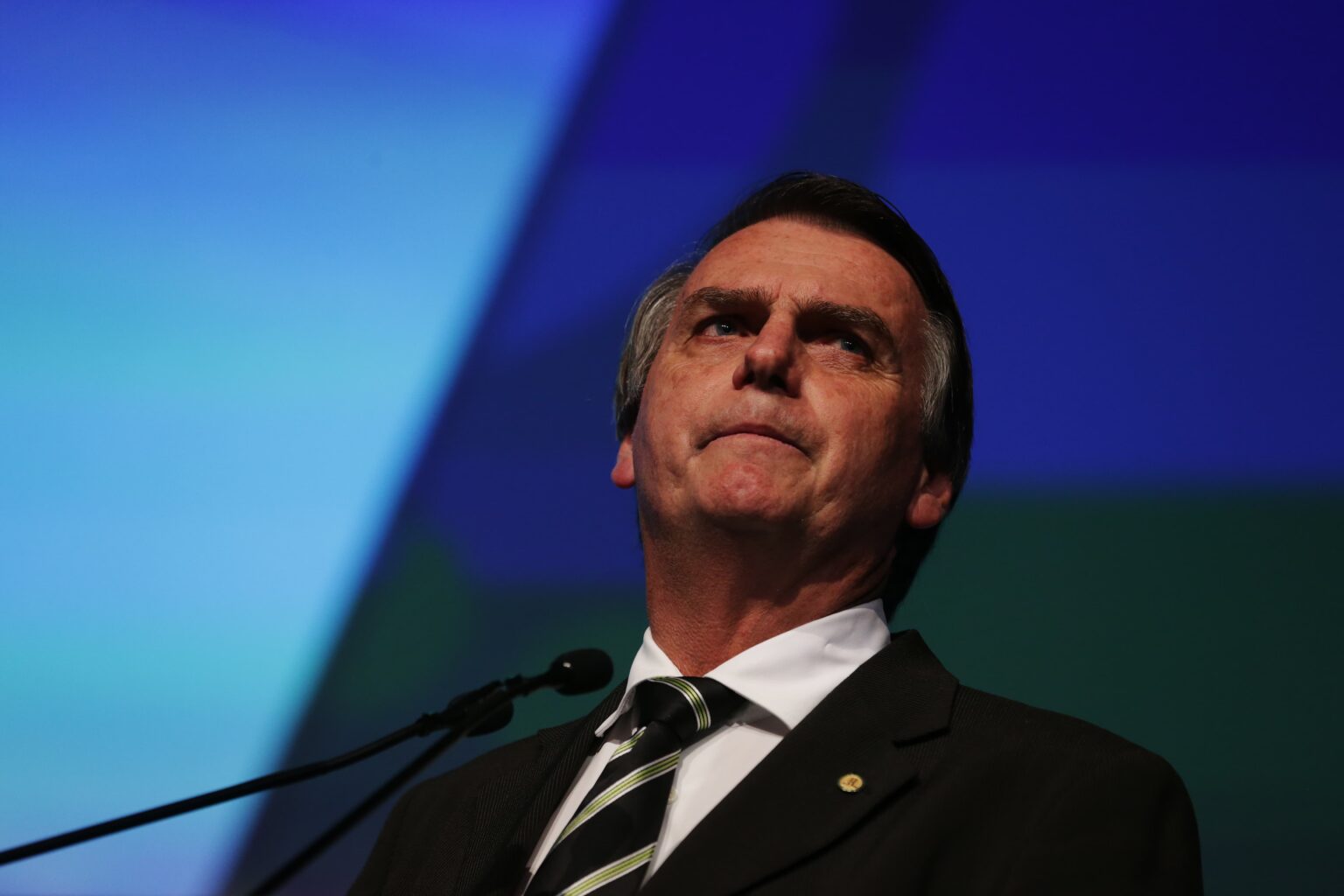In a significant move that escalates the ongoing diplomatic tensions between the U.S. and Brazil, President Donald Trump has announced a 50% tariff on all Brazilian goods, effective August 1, 2025. This bold step is directly linked to the prosecution of former Brazilian President Jair Bolsonaro, who faces charges related to an alleged coup attempt following his 2022 electoral defeat.
This decision opens a new front in Trump’s trade war, targeting Latin America’s largest economy, which had remained largely unaffected by previous U.S. trade measures. Brazil’s economy, highly dependent on trade with the U.S., could face severe consequences. In 2024, Brazil exported over $40 billion worth of goods, including oil, coffee, and steel, to the U.S., making the American market its second-largest trading partner after China.
Trump’s Letter Criticizes Brazil’s Legal Actions
Trump expressed his disapproval of Brazil’s handling of Bolsonaro’s legal situation in a letter addressed to Brazilian President Luiz Inácio Lula da Silva. He referred to the trial as a “witch hunt” and demanded its immediate cessation, condemning it as an international disgrace.
“The way that Brazil has treated former President Bolsonaro, a highly respected leader throughout the world, is shameful,” Trump wrote. Bolsonaro, who is facing charges related to plotting to retain power through military force, is expected to stand trial later this year.
Brazil responded swiftly, rejecting Trump’s claims. President Lula emphasized Brazil’s sovereignty and vowed to retaliate against any unjustified tariff measures, aligning with Brazil’s longstanding principle of economic reciprocity. Lula’s administration asserted that such actions would not deter Brazil from defending its people’s interests.
Brazil and the U.S. at Odds Over Trade Practices
The conflict over Bolsonaro’s prosecution is compounded by trade disputes, with Trump accusing Brazil of unfair trade practices. Despite the U.S. having a trade surplus with Brazil, Trump claimed the relationship was not reciprocal, and Brazilian trade policies were detrimental to American interests.
This claim, however, raised eyebrows in Brazil, where the country has consistently had a trade deficit with the U.S. since 2008. In fact, in 2024, the U.S. had a $6.8 billion trade surplus with Brazil, and many Brazilian officials were taken aback by Trump’s accusations.
Trump also criticized Brazil’s attempts to regulate U.S. social media companies, accusing the government of unfairly targeting platforms with orders to remove accounts deemed to violate Brazilian laws. This included a lawsuit filed by Trump’s media company against Brazilian Supreme Court Justice Alexandre de Moraes, accusing him of censorship.
Impact on Brazilian Politics and Future Relations
Trump’s decision to impose the tariff has sent shockwaves through Brazil’s political landscape. With Lula’s approval ratings sagging, this move could provide an opportunity for the Brazilian government to rally against what it sees as American imperialism. Lula’s allies in the foreign ministry view the tariff as a gift to their political cause, allowing them to present a united front against foreign interference as they head into next year’s presidential election.
On the other hand, Bolsonaro’s supporters have been quick to place blame on Lula and Brazil’s Supreme Court for the tensions. Ciro Nogueira, a former chief of staff under Bolsonaro, criticized the Brazilian government for its handling of the situation, suggesting that the country’s people would bear the brunt of the fallout from this diplomatic recklessness.
In an interesting twist, Bolsonaro himself, who had awaited Trump’s endorsement during his legal troubles, publicly thanked the U.S. president for his support, highlighting the deep political ties between the two figures.
As tensions mount, both Brazil and the U.S. seem poised for a prolonged standoff, with significant political and economic repercussions likely to unfold in the coming months.


